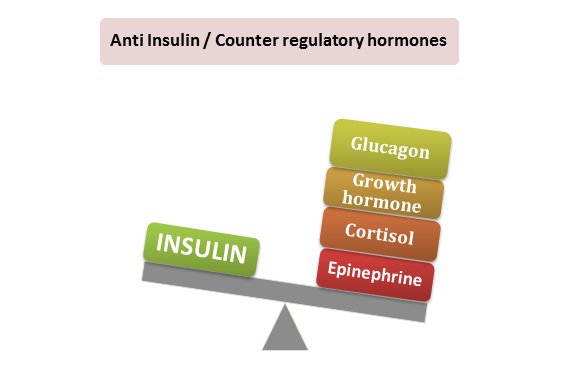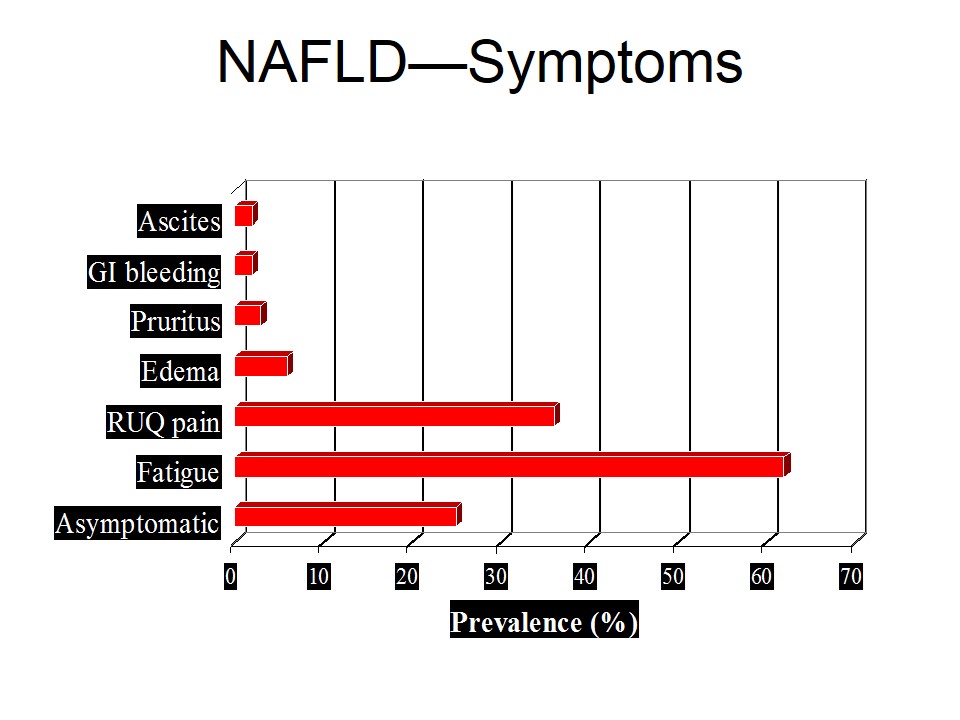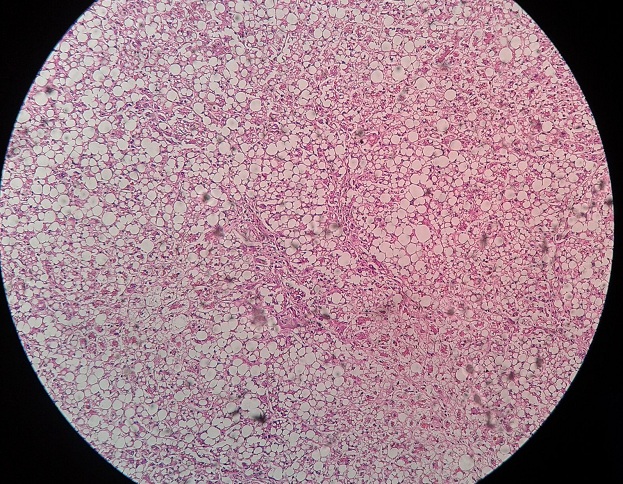Several hormones regulate carbohydrate metabolism.
Insulin
It is secreted by the beta-cells of the pancreas in response to a high blood glucose. Its functions are:
1. Stimulation of anabolic processes
- Utiliztion: Promotes entry of glucose and amino acids into muscle cells and glucose into adipose tissue cells
- Lysis: Stimulates glycolysis, i.e: breakdown of glucose
- Synthesis: Stimulates glycogen and fatty acid synthesis in the liver, triglyceride synthesis in adipose tissues, and glycogen and protein synthesis in muscle tissues.
2. Inhibition of catabolic processes
- Inhibits gluconeogenesis
- Inhibits fat breakdown and beta-oxidation of fatty acids and ketogenesis.
- Inhibits glycogenolysis.
3. Potassium homeostasis
Insulin increases the cellular uptake of potassium ions. This is independent of its action on glucose.
Counter-regulatory hormones
Counter-regulatory hormones include:-
1). Glucagon
2) .Cortisol
3). Catecholamines
4). Growth hormone
This group of hormones are so called because they oppose action of insulin and excess production of any of them results in hyperglycaemia.
They are ‘starvation hormones’ which are called into play when exogenous glucose intake is low and consequently:
- Stimulate the production of glucose from glycogen (glycogenolysis) and protein (gluconeogenesis) and
- Generation of energy from fatty acids beta-oxidation.
 howMed Know Yourself
howMed Know Yourself





